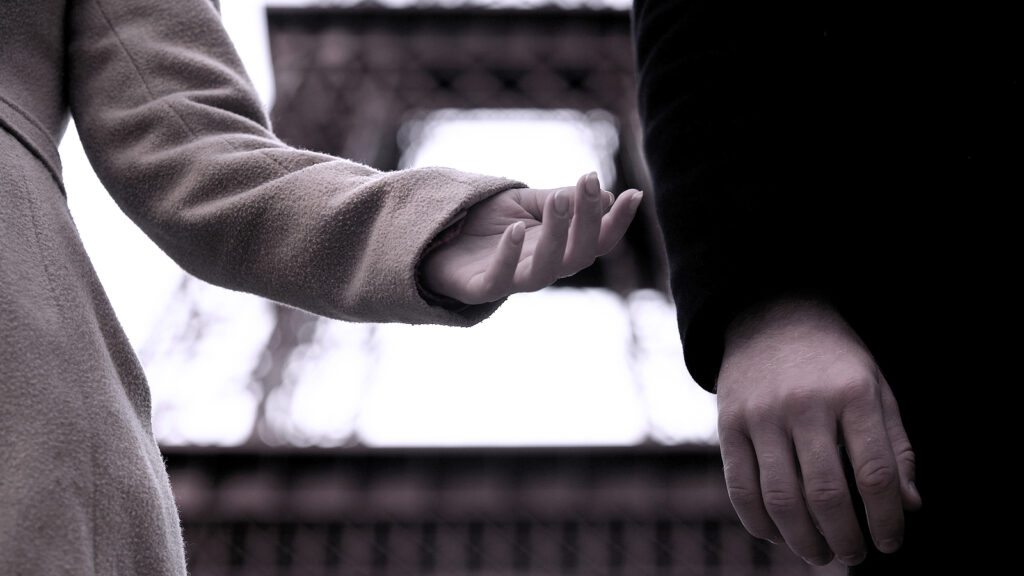“Change is hard at first, messy in the middle, and gorgeous at the end.” – Robin Sharma
“The mind is like a parachute. It doesn’t work if it’s not open.” Frank Zappa
When everything seems to be going against you, remember that the airplane takes off against the wind, not with it.” – Henry Ford
Moving is a big transition and a very big stressor. It is one of the most stressful things we do.
 For anyone who has moved, they know this to be true. If you are moving into a college dorm, your first apartment, or a new house, it is an arduous task. One of the things that makes it stressful is that we have to pack things, which generally means we go through things that we may not have seen for a while. (I prefer packing to unpacking; however, that is for another discussion.) While packing, we find something from a different time in our life that we have kept for some reason. We may find an old photo album and look through it and suddenly have memories of things we had not thought about for a long time. Sometimes these are fun memories of things, trips, and family events, and sometimes they are not and may include trauma.
For anyone who has moved, they know this to be true. If you are moving into a college dorm, your first apartment, or a new house, it is an arduous task. One of the things that makes it stressful is that we have to pack things, which generally means we go through things that we may not have seen for a while. (I prefer packing to unpacking; however, that is for another discussion.) While packing, we find something from a different time in our life that we have kept for some reason. We may find an old photo album and look through it and suddenly have memories of things we had not thought about for a long time. Sometimes these are fun memories of things, trips, and family events, and sometimes they are not and may include trauma.
You continue with packing, put the photo album in the box, and move on to the next room.
The next day, you find that you are much more irritable and grumpy for no apparent reason. You find yourself going over or seeing the pictures you looked at yesterday just briefly everywhere you look. You find yourself thinking about the pictures all day and thinking about the past more. Then, you continue to become more irritable, more distracted, and more depressed with each day. It seems to have come from nowhere. It could not be that seeing those old pictures brought up trauma from the past. Or could it be that?
So does that mean that you do not ever look at things from your past for fear of bringing up things that you do not remember? Not at all; instead, something we may have thought we had long since dealt with or put away may show up again as we transition throughout our lives. Getting a new job, you find someone who sounds or acts or says things very similar to someone in your past, and you have a negative reaction to them again for no apparent reason. You may find that relationships have a strange way of working out the same way that things in your past always did. This leaves you wondering if there is something wrong with you.
Children who experience trauma often will start to question many things in their lives if they are normal.
Childhood trauma often affects relationships with the primary caregiver in the family and the child. Then, as the child grows up, they will experience relationships like they did as a child. Children get much of the information about how to interact in the world and what to expect from the world from how primary caregivers interact with the world. Our sense of self, the way we communicate, and how we form relationships are affected by these early relationships. If we are to make significant changes, it is important to gain more self-awareness in our behaviors so that we can. Unless we do the work to develop more self-awareness of our behaviors, we will usually repeat these same patterns into adulthood.
Listed below are five ways that childhood trauma can show up in adults.
Fears of abandonment.
 Neglected or abused children often struggle to maintain stable relationships with others because of the fear of abandonment. In adults, even though there is recognition of fear of abandonment, the fear will hijack the adult into believing they are unlovable, and all of the relationships will end with the adult being all alone. This fear causes significant problems in a romantic relationship; however, it can also impair relationships at work and with friends, causing frequent job or friend changes. Not being able to tolerate or self-soothe during conflict in a relationship can result from the fear of abandonment.
Neglected or abused children often struggle to maintain stable relationships with others because of the fear of abandonment. In adults, even though there is recognition of fear of abandonment, the fear will hijack the adult into believing they are unlovable, and all of the relationships will end with the adult being all alone. This fear causes significant problems in a romantic relationship; however, it can also impair relationships at work and with friends, causing frequent job or friend changes. Not being able to tolerate or self-soothe during conflict in a relationship can result from the fear of abandonment.
Getting irritable or easily annoyed with others.
Growing up in a chaotic environment or one in which you are constantly criticized for things large and small, you will assume this is a normal way to express emotions. Often, we learn that we are intolerable because of our imperfections, and then, as adults, we believe it is okay to criticize others as harshly as we were attacked. We mistakenly assume that people are already thinking the worst about us, so we need to think the worst of them first.
Unequal financial and household responsibilities.
This often shows up as taking complete control of everything or becoming dependent on another person for things. This can happen at work as well as in personal relationships depending on or becoming dependent on a coworker. Then, if the coworker is not able to meet the demands, anger, mistrust, and fear of abandonment can be triggered. Thus leaving the person to find another job or relationship where this will not happen and they are treated better.
Settling and staying in a relationship or place much longer than helpful.
Growing up in an unstable or chaotic environment, the child may develop a sense of guilt that they caused the problems in the environment. They are responsible for mental health or addiction or the death of someone close to them. Then, as adults, this guilt will show up again as not wanting to leave a relationship because they can fix the person and need to help them. This can lead to thoughts that it is less fearful anxiety producing to be with someone than to be alone. The cliché the devil you know is better than the devil you do not.
Constant arguing or total avoidance of anger.
Growing up in environments where conflict was either constant or avoided does give the child effective skills to handle conflict or express conflict. Not learning effective communication skills and ways of managing emotions leaves adults few avenues to handle even the smallest of disputes effectively, and again, the adult will struggle to handle even simple everyday problems.
This is only a sampling of ways of managing trauma or how trauma can show up later in our lives even when we thought it had long past.
 Denying that trauma did not happen to me or thinking that my trauma was not significant because other people had it so much worse will only allow the effects of the events or trauma to continue to impact your daily life. Gaining self-awareness and understanding the long-term effects of trauma can lead to healing that will allow the past to remain in the past.
Denying that trauma did not happen to me or thinking that my trauma was not significant because other people had it so much worse will only allow the effects of the events or trauma to continue to impact your daily life. Gaining self-awareness and understanding the long-term effects of trauma can lead to healing that will allow the past to remain in the past.
Begin Trauma Therapy in Richmond, VA
Seeking effective therapy to learn the coping skills needed to help with the transitions of life is also important. Trauma therapy is often a process and not a straight line and will take a willingness to be compassionate towards oneself and to learn new ideas. If you are interested in discussing more about trauma or therapy and how I may be able to help you, please follow these simple steps:
- Schedule a free consultation
- Get to know more about me or visit the FAQ
- Start overcoming past trauma!
Other Services Offered with Gray Horse Counseling
As a therapist, I know and understand you may experience concerns with mental health issues in addition to trauma therapy. This is why I’m excited to offer other services including individual therapy, anxiety therapy, group therapy, clinical supervision, life transition therapy, EMDR, and depression therapy. I’m also happy to offer equine sports therapy, and coaching as well. Learn more by visiting my FAQ today!

